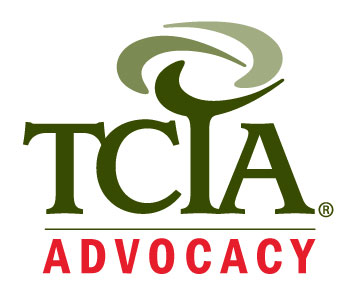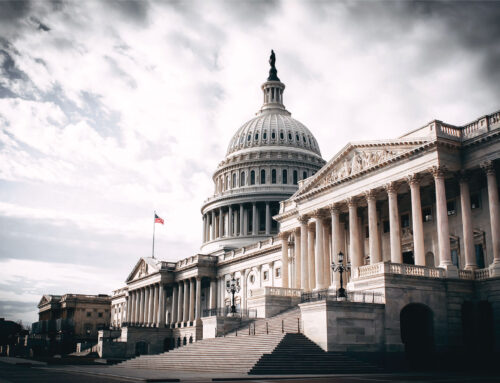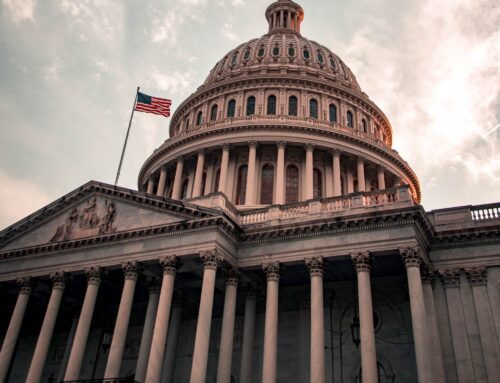On Saturday August 8th, President Trump signed a series of Executive Orders after negotiations between the Administration and Congress broke down on the next COVID-19 stimulus plan. One of these orders sticks out as particularly relevant to TCIA and our members: the deferral of the Payroll Tax through the end of the year. This order defers employer collection of the payroll tax from employees (usually 6.2%), which funds Social Security.
The goal of this Executive Order is to get more money in the hands of Americans to help the economy recover from the impacts of COVID-19. However, the Executive Order is likely to face legal challenges and could impact the solvency of Social Security. Importantly, since this was an executive action and not an act of Congress, these taxes will still be owed after the deferral period is over at the end of 2020. President Trump is likely to campaign on this issue and push Congress to forgive these deferred taxes, but as of now at the end of the year, the IRS will be looking for these funds.
Official IRS guidance is sure to come out on this order, but we wanted to give TCIA members a high-level look at this order and its potential impacts. Depending on the guidance and implementation of this order, this has the potential to be a tricky issue for TCIA members. There are liability, practical, and logistical challenges for businesses across the country that arise with such a large change to tax policy.
Employers have the option to continue withholding these funds in case the deferral is not permanent. That is, businesses may continue their current withholding policy so they can pay the IRS when the time comes.
TCIA encourages our members to plan on continuing to withhold these payroll taxes, at least until there is more clarity about the risks for employers versus the rewards. TCIA hopes IRS guidance will help answer some of these questions.
We believe this is the safest course of action for members’ businesses at this time. TCIA members should be on the lookout for more guidance on this issue. It should be noted that it will unequivocally take an act of Congress to make these deferred taxes no longer owed. Before making any changes to your company’s payroll policies in response to this Executive Order, TCIA strongly urges members to study the Administration’s guidance closely when it is released.
This is a developing area which can change rapidly. TCIA will continue to keep all our members updated on legislative and regulatory changes which may impact your business. Any questions on this area can be directed to Aiden O’Brien, TCIA’s Advocacy & Standards Manager at aobrien@tcia.org.



